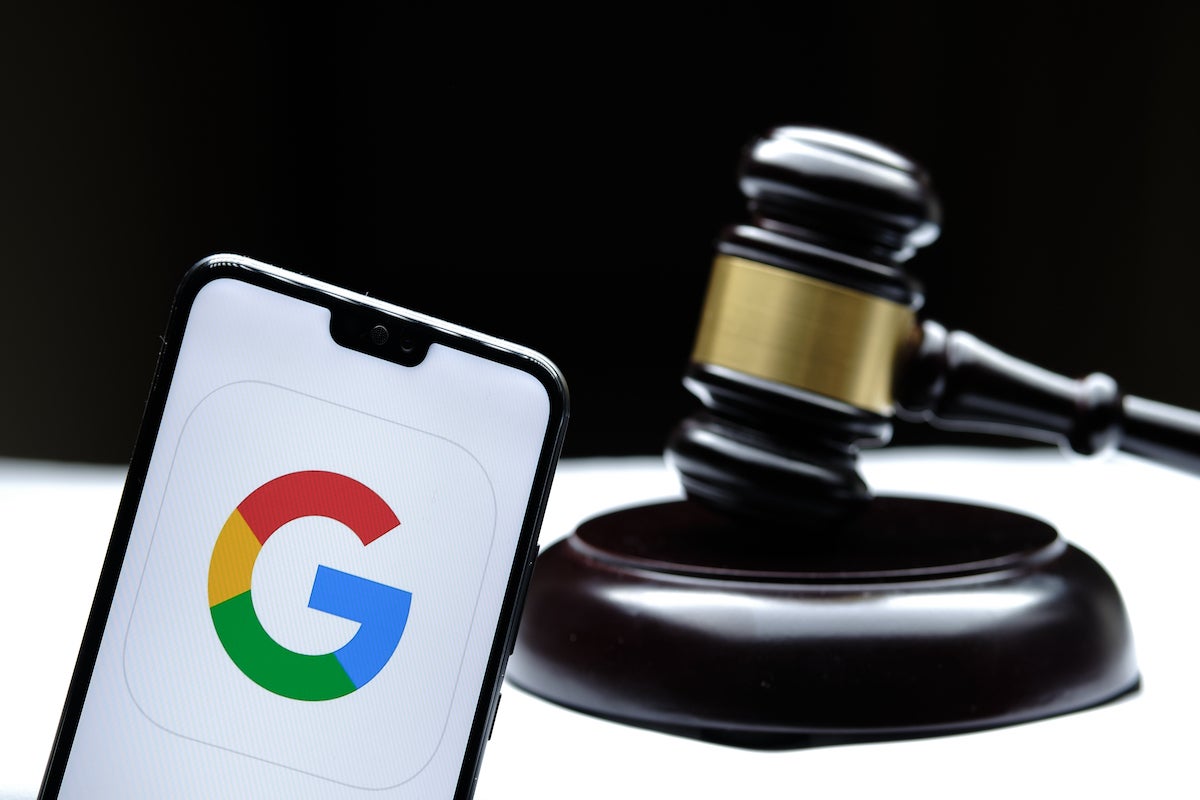The first landmark tech antitrust trial of the century, The United States of America v. Google LLC, is winding down, with the last witness finishing testimony this week. What could be at stake in District Court Judge Amit Mehta’s final decision, expected next year, is nothing short of “the future of the internet,” as Kenneth Dintzer, deputy director in the Department of Justice’s civil division, argued on the first day of the trial.
In the two-month-long trial, the DOJ and 14 states argued that Google has unlawfully monopolized the markets for general search services, search advertising, and general search text advertising by entering into exclusive default search engine contracts with device makers and app providers. The government argues that these contracts have enabled Google to garner a 90% search market share, freeze out competition, and stifle innovation.
Conversely, Google argued that it won its default search contracts by providing a superior product enhanced by ongoing innovation and highly skilled engineers. Moreover, Google said consumers go out of their way to select Google even when given a choice, and rivals who failed to gain market share missed the boat in developing robust competition.
Of all the default search contracts examined during the trial, none was more important than the deal Google landed to become the search engine powering Apple’s products, particularly the iPhone. The Apple default contract might well become Google’s Achilles heel as Judge Mehta weighs the pros and cons of the evidence before him.
Google pays its rival billions every year
As Eddy Cue, Apple’s senior vice president of services, testified during the trial, Apple first struck up an internet service agreement (ISA) with Google to use its search engine in Apple products in 2002 and then renewed it again in 2016 in negotiations with Google CEO Sundar Pichai. Under the deal, Apple successfully negotiated payment from Google for a share of the search revenue Google generated on its platforms.
Testifying on behalf of Google, University of Chicago professor Kevin Murphy inadvertently revealed that Google pays Apple 36% of its revenue from search advertising made through Apple’s Safari browser. Although both Google and Apple sought to keep secret much of the data, exhibits, filings, and testimony of the trial, with Judge Mehta initially conceding to the tech giants’ requests for secrecy only to largely relent under criticism, both Apple and Google fought particularly hard to keep this revenue share data secret. Google argued that revealing information about its deal with Google “would unreasonably undermine Google’s competitive standing in relation to both competitors and other counterparties.”
Although the trial did not reveal how much search advertising revenue Google generates from Safari, Google executives testified that in 2021, the company paid $26.3 billion for default search engine status across web browsers and mobile…
2023-11-21 18:41:04
Post from www.computerworld.com
